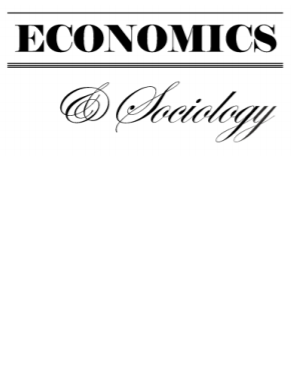Career consciousness and commitment to graduation among higher education students in Central and Eastern Europe
Career consciousness and commitment to graduation among higher education students in Central and Eastern Europe
Author(s): Hajnalka Fényes, Márta Mohácsi, Katalin PallaySubject(s): Business Economy / Management, Labor relations, Higher Education , Human Resources in Economy
Published by: Fundacja Centrum Badań Socjologicznych
Keywords: human capital theory; motivations to study; higher education; student persistence; Central and Eastern Europe; quantitative analysis;
Summary/Abstract: In this paper, we examine higher education students’ motivations to continue their studies in higher education and their commitment to graduation based on a survey (N=2,199), conducted in 2018 and 2019 in five countries of the Central and Eastern Europe. According to our hypothesis, career-conscious students take into account primarily the predictions of the human capital theory with respect to further studies (e.g., well-paying job, holding a prestigious profession). Additionally, they are also more committed to graduating (they are more persistent) than other students. Based on the principal component analysis of motivations for further study and persistence indicators, we find that career consciousness and persistence are positively correlated. Through regression analysis, we also show that males are less career-conscious and less persistent than females. In addition, the results imply that even socially advantaged students might not all be career-conscious and persistent. Students whose tuition is paid for by the state can also be poorly motivated and may lack career consciousness. As regards the field of study, students in Humanities are not likely to be career-conscious, while the risk of attrition is present among those who study Economics, Business, or Sciences. This highlights the need for an educational policy intervention.
Journal: Economics and Sociology
- Issue Year: 14/2021
- Issue No: 1
- Page Range: 61-75
- Page Count: 15
- Language: English

